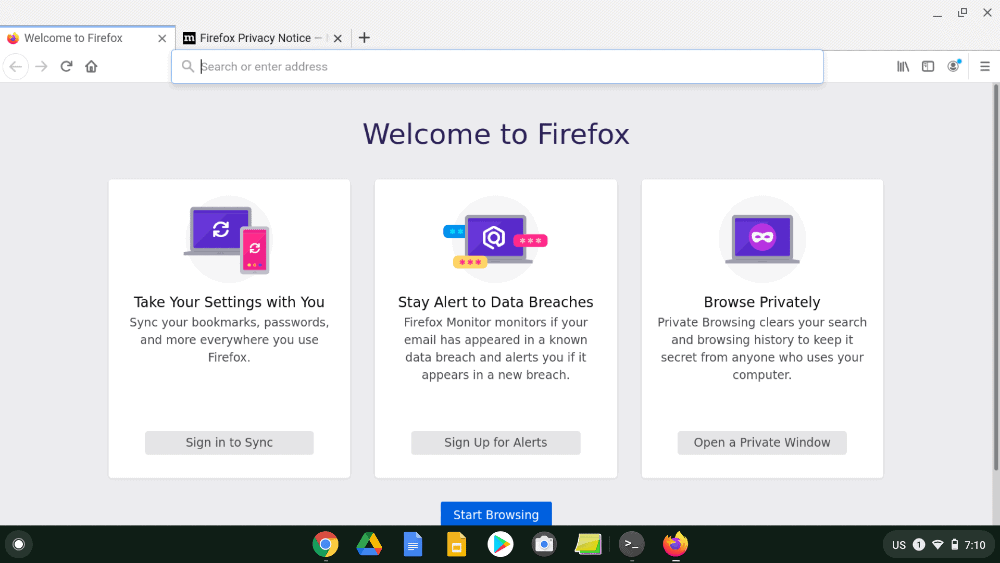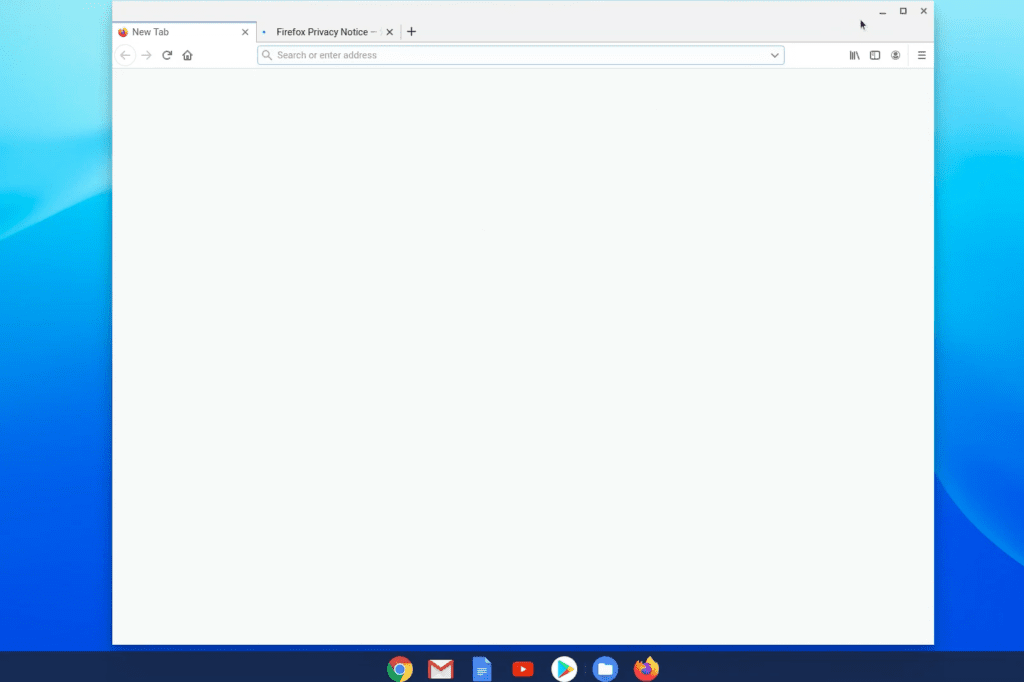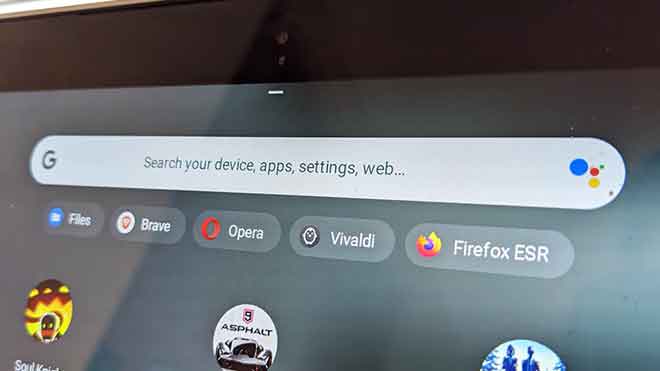

Baker says: “It reduces Facebook’s ability to follow you around the web and track you when you’re not on Facebook and just living your life.”īaker insists solutions such as this are important, saying: “The dystopian future is a risk for all of us. So Firefox now runs sites such as Facebook in “containers”, effectively hiving the social network off into its own little sandboxed world, where it can’t see what’s happening on other sites. “What’s not as obvious is that there are a lot of times when you’re on some other site, doing something unrelated and, behind the scenes, Facebook is still gathering information – especially if you’ve signed in with Facebook.” “It’s clear that if you go on Facebook and contribute information in some way – a post, a like or whatever – you’re giving information to Facebook,” Baker says. It may treat Facebook as a bitter rival, but both companies have a shared interest in limiting the ability of users to shape how the web works. If you go on Facebook and contribute a post, a like or whatever, you're giving information to Facebook Mitchell Baker, Mozilla But it is unlikely that any browser made by an advertising company would offer such a feature. It is perfectly possible to build a browser that prevents advertising companies from aggregating user data.

Today, even the Guardian and Observer’s mobile content is served this way.īaker’s concern about Google’s control of the web browser is that it leaves no one able to fight Google’s control of the web.

Why would any independent company allow Google to do that? Because the page loads marginally faster on mobile devices – and in so doing pushes them higher up the Google search results. The project saw Google hosting websites on its own servers, warping the web addresses so they all began with “”. The company has been accused of using its control of Chrome and of Google search to warp the very fabric of the internet. “It already mostly does: with eyes on 70% to 80% of the web.” “Google wants the web to go through Google,” Aral Balkan, the activist and founder of the internet democracy campaign site ind.ie, tweeted earlier this month. Apple’s motivation is to ensure that customers continue to buy a new iPhone every couple of years and don’t switch to Android. Google’s main priority is to funnel user data into the enormous advertising engine that accounts for most of its revenue. Photograph: Horacio Villalobos/Corbis/Getty Imagesīaker’s pitch is that only Mozilla is motivated, first and foremost, to make using the web a pleasurable experience. Mitchell Baker, chair of the Mozilla Foundation. The world’s second-most popular browser, Safari, is made by the world’s second-most valuable company – Apple. “And increasingly it has become clear that, no, you need someone looking out for you.”Ĭhrome, the world’s most popular browser, is made by the world’s fourth-most valuable company, Alphabet, the parent company of Google. “In the early days, we thought all companies and social networks cared about us and cared for us,” says Baker, speaking for web users as a whole. Mozilla is no longer fighting for market share of its browser: it is fighting for the future of the web. However, the rise of the potentially monopolistic web platform also creates a new opportunity – in fact, an urgent new mission. The Firefox browser, which had resisted the dominance of Microsoft’s Internet Explorer, found itself faced with a far hardier opponent in the shape of Google Chrome.

“For the last – I don’t know – three or four years, I’d say Mozilla has been remaking the organisation itself,” Baker says. Now, hopefully, it is on another upswing. Then, in the late 2000s, a resurgent Firefox faced near-fatal competition from Google’s Chrome. In the mid-90s, Netscape was killed by Microsoft with its Internet Explorer. Mozilla has had its ups and downs over the years: making a hugely popular web browser twice over, before succumbing each time to crushing competition from a well-funded tech behemoth. But the foundation was set up to shepherd the Mozilla organisation, which was formed in 1998 to oversee the development of a suite of web tools developed from another browser – Netscape Communicator.Ĭommunicator was Netscape’s fourth browser the first came out in 1994, making it the first commercial web browser the world had ever seen.Īll of which makes Mozilla the web’s oldest company or at least “the oldest thing on the consumer internet”, as the foundation’s chair, Mitchell Baker, put it when I met her in London recently. The not-for-profit foundation, which has as its aim the promotion of “openness, innovation and participation on the internet”, is best known for the Firefox browser, which it started developing in 2003.


 0 kommentar(er)
0 kommentar(er)
